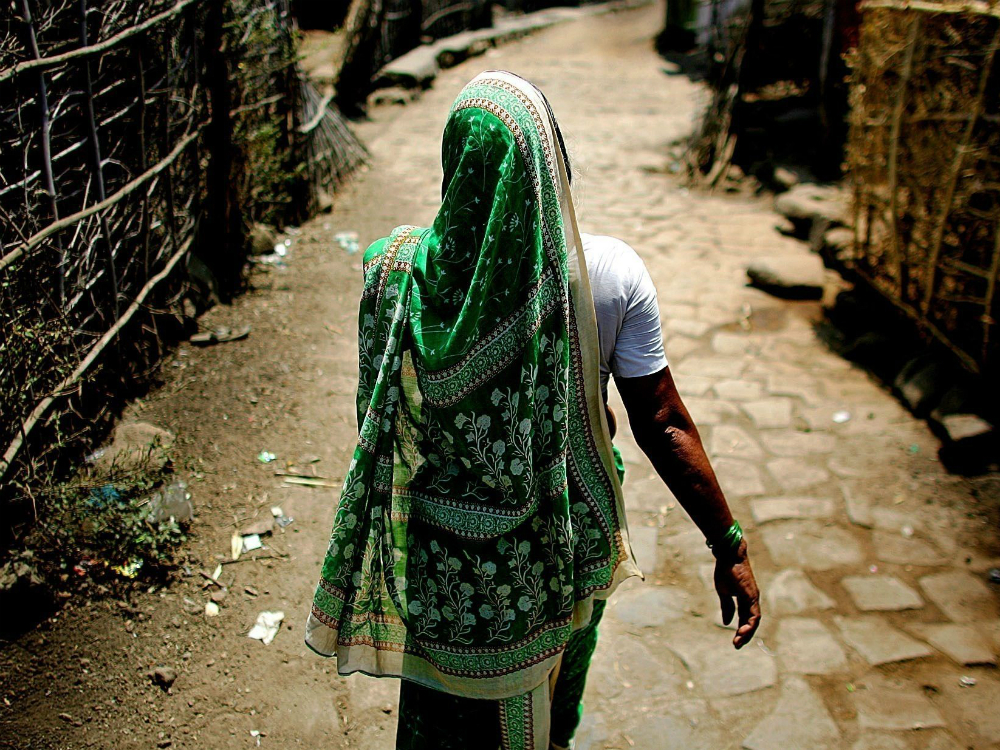Er, Why Will Global Warming Be Worse For Women Than Men?
Worrying new evidence suggests that global warming will have a more negative effect on women than we'd otherwise thought...

Worrying new evidence suggests that global warming will have a more negative effect on women than we'd otherwise thought...
Leading academics have claimed that global warming will affect far more women than men because of the sexual inequality in poorer countries.
It’s thought that as climate change becomes more apparent, women will be more affected by the increasing floods, droughts and diseases that are likely to follow.
This is because when natural disasters strike, these women tend to be at home cooking and cleaning, meaning they’re more at risk when buildings collapse. With their daily duties also including food and water collection, they are much more likely than men to be at risk from mosquito-borne diseases like malaria and dengue.
According to figures from the UN, women farmers currently account for 45-80 per cent of all food production in developing countries, depending on the region. About two-thirds of the female labour force in developing countries, and more than 90 percent in many African countries, are engaged in agricultural work. Meaning that if food becomes scarce in times of natural disasters, their main source of food and income is at stake.
There are many more reasons too – women in developing countries are less likely to be able to swim, are less likely to own a mobile phone to call for help, and worst of all, may not be allowed to leave their homes without a male accompanying them.
On the other hand, wealthy countries do not face the same risks because gender inequality is less severe, and the effects of global warming are not expected to be felt as harshly.
Celebrity news, beauty, fashion advice, and fascinating features, delivered straight to your inbox!
Nearly 3,000 women have signed up to the Women’s Global Call for Climate Justice, which calls on political leaders to tackle these traditional gender roles. by introducing protocol such as separate male and female toilets in typhoon shelters so women can feel safer.
Professor Hilary Bambrick of Western Sydney University says, 'If political leaders around the world are serious about gender equality, they must also get serious about climate change.'
The leading destination for fashion, beauty, shopping and finger-on-the-pulse views on the latest issues. Marie Claire's travel content helps you delight in discovering new destinations around the globe, offering a unique – and sometimes unchartered – travel experience. From new hotel openings to the destinations tipped to take over our travel calendars, this iconic name has it covered.